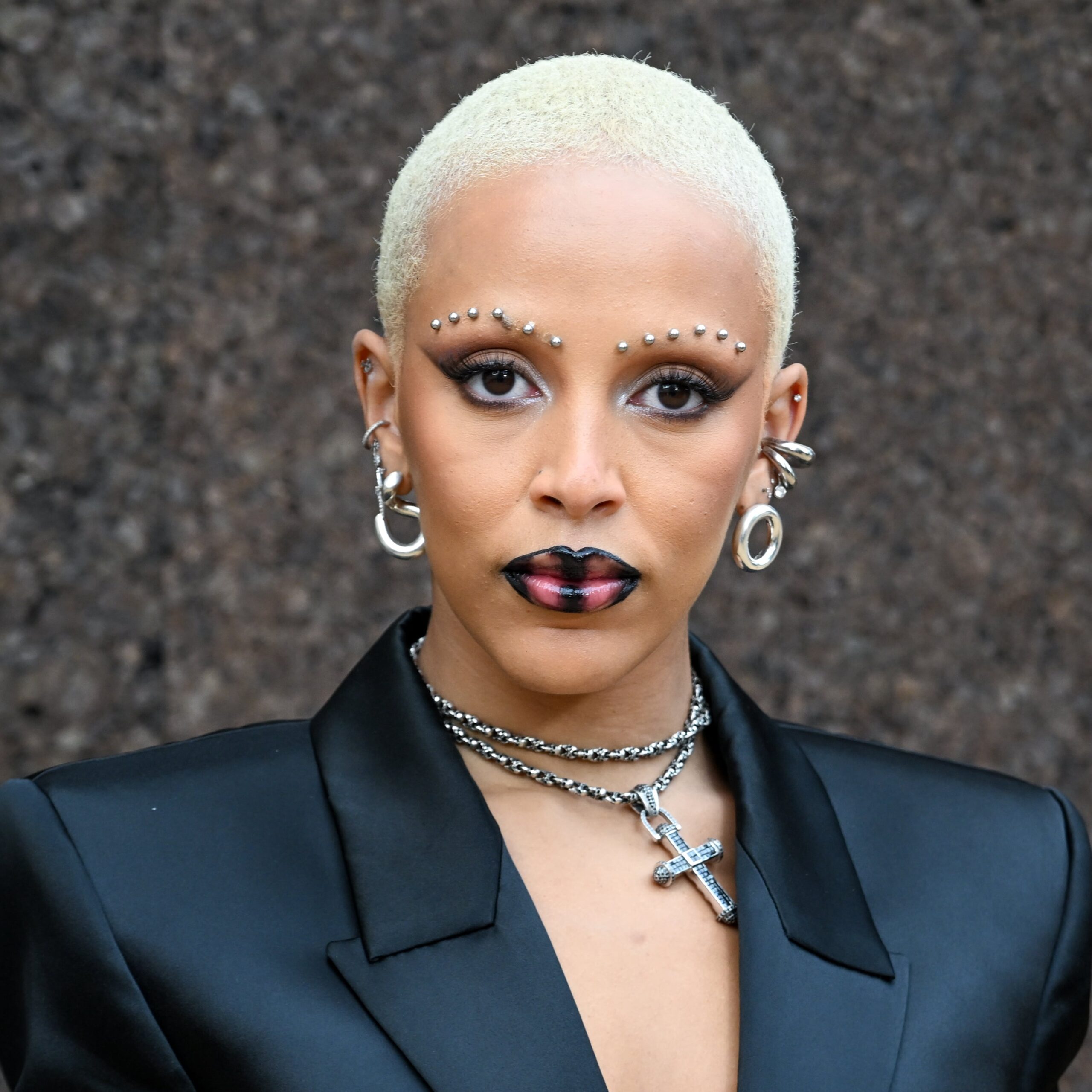
- POPSUGAR Australia
- Beauty
- The Comments About Doja Cat’s Natural Hair Need to Stop
The Comments About Doja Cat’s Natural Hair Need to Stop

Image Source: Getty/Stephane Cardinale – Corbis / Contributor
On March 30, Doja Cat revealed the cover of her forthcoming album, which she hinted at being set to debut on April 5. With a caption that simply reads “ASC,” fans didn’t have much to work with other than the picture used to accompany the announcement. In it, we see a close-up of the rapper’s coily, blond hair, allowing followers to see each ringlet up close. Shortly after, she turned the comments on the post off.
In an Instagram Live, Doja Cat went on to explain the reasoning behind the decision, and it signals just how far we have to go still when it comes to the way we discuss natural hair. “I had a photographer take a picture of the top of my head, and we blew it up and made it so that my album cover is my hair,” she said in the live. “My hair . . . to describe it, it’s 4C hair texture. I was seeing a consistent pattern in my comment section with people asking is my hair pubic hair, is it carpet, or is it sheep’s wool? It’s not even questioned, some people are [adamant] that that’s what it is.”
Though representation in media has made strides over the last decade, we would be remiss not to acknowledge the fact that looser hair textures have somehow become the standard for natural hair. A movement that was supposed to be inclusive somehow still manages to exclude primarily Black people with tighter, coily textures, in turn underscoring decades-old notions that type four hair is less beautiful than its counterparts.
Part of this stems from natural hair culture itself. At the height of the natural hair movement in the mid-2010s, it was the influencers with big, bouncy, type-three curls that were the ones gaining large followings and marketing hair products toward this demographic of people, which left many of those with tighter coils wondering where they fit in with the community but feeling ashamed to admit it out loud. As a result, it’s not uncommon to see people using multiple products to “enhance” their curly textures in an effort to make their hair look more defined and, ultimately, different from its natural state. On top of that, the amount of work that it takes to style coily hair feels like a dirty secret to admit out loud – as if embracing your natural hair and recognizing how extensive caring for it is can never coexist.
“We gotta move forward,” Doja Cat continued in her live. “Let’s grow. Pubic hair? Really? That’s where we stand?” Though truly addressing the anti-Blackness that is at the root of this issue will continue to take work, a small action item that anyone can start today is to stop unfavorable comparisons of a Black woman’s natural hair. It’s rude and tasteless, and this harmful rhetoric can leave a lasting effect.
Ariel Baker is the assistant editor for POPSUGAR Beauty. Her areas of expertise include celebrity news, beauty trends, and product reviews. She has additional bylines with Essence and Forbes Vetted.

